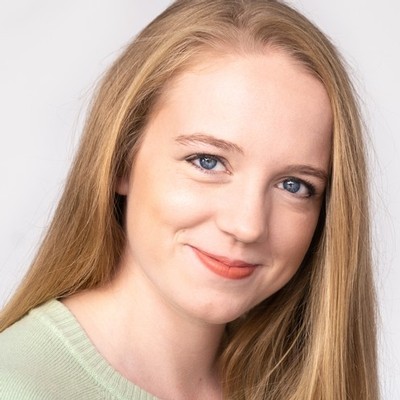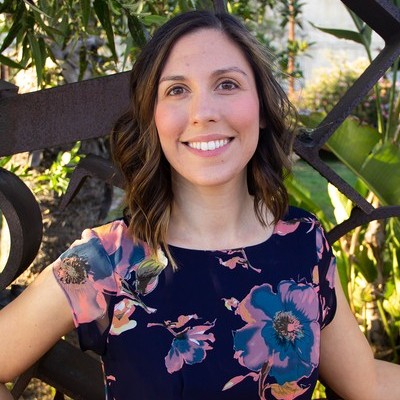Producing is an entrepreneurial endeavor, as is most of the entertainment business. Students must expect to exert considerable ingenuity and persistence to secure employment. Some jobs do come through contacts made directly or indirectly through the Peter Stark Producing Program, such as our graduates, our instructors and industry friends, or through initiatives like our mentor program or our internship advocacy.

One large family-friends, alumni and students of the Peter Stark Producing Program gathered for a group shot at the program's 25th anniversary celebration.
(October 2, 2005)
Producing is an entrepreneurial endeavor, as is most of the entertainment business. Students must expect to exert considerable ingenuity and persistence to secure employment. Some jobs do come through contacts made directly or indirectly through the Peter Stark Producing Program, such as our graduates, our instructors and industry friends, or through initiatives like our mentor program or our internship advocacy.
Industry experience is an essential component of the Peter Stark Program academic experience; it enhances both their course work and thesis research project. To facilitate as much industry experience as possible, the program endeavors to leave two free days in the students’ first year course schedule*, and holds all second-year classes in the evening. The Peter Stark Program requires 2800 hours of entertainment industry internships or work experience over the 2-year program, including in the summer semester between the first and second year. Students look for internships, per their own interests. In addition, though the Stark Program cannot guarantee it can procure internships, it does ongoing semester-by-semester internship advocacy for the students at many companies including studios, networks, production companies, and agencies. The Stark Program grants exceptions to the internship/work experience requirement on a case-by-case basis for other equivalent forms of industry experience that may better fit a student’s individual career goals – producing projects for film, television or new media, writing or developing screenplays – as long as the student completes at least one internship. At all times, students must attend all classes and maintain a minimum 3.0 GPA.
*International students can work part-time (up to 20 hours per week) while enrolled in a full course load during their first year. They may work full-time (20+ hours per week) in the summer. They may also work full-time (20+ hours per week) during their second year, so long as they are full time enrolled.





